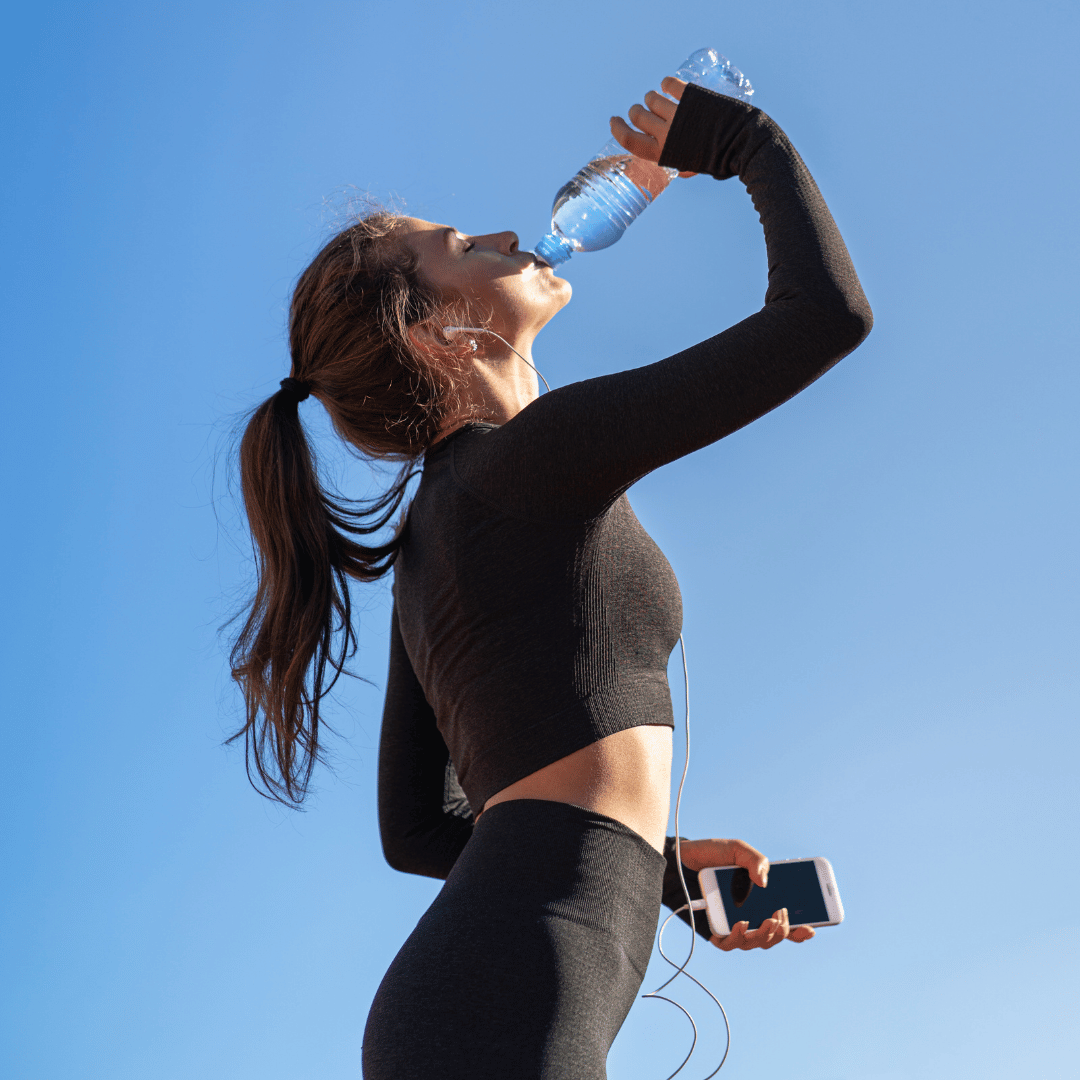Why You Feel So Off After Drinking (Hint: It’s Not Just Dehydration)

We’ve all heard it – “Just drink more water and you’ll feel fine.”
But if you’ve ever woken up feeling completely off after a night out (even after smashing a litre of water before bed), you know hydration alone doesn’t cut it.
So what’s actually going on?
When you drink alcohol, your body prioritises clearing it out because it recognises it as a toxin. The liver uses an enzyme called alcohol dehydrogenase (ADH) to convert ethanol (alcohol) into acetaldehyde, a highly reactive and toxic compound that’s significantly more harmful to your cells than alcohol itself.
Here’s the issue: acetaldehyde builds up faster than your body can eliminate it — especially when drinking at a pace that overwhelms your detox systems. Your liver then uses another enzyme, aldehyde dehydrogenase (ALDH), to break acetaldehyde down into acetate, a much less harmful substance that can be eliminated from your body.
But if there’s a bottleneck in this process — whether from genetic variations, nutrient depletion (like B vitamins, glutathione, or zinc), or simply overconsumption — acetaldehyde accumulates. And this is where problems begin.
Acetaldehyde has been shown to:
-
Disrupt neurotransmitters like dopamine and serotonin, contributing to mood swings and “hangxiety”
-
Inflame tissues in your gut and brain
-
Damage mitochondria, impairing cellular energy production (leading to fatigue)
-
Trigger oxidative stress, which can cause widespread cellular inflammation
Even after your blood alcohol level returns to zero, acetaldehyde lingers, causing that classic “off” feeling the next day — grogginess, irritability, nausea, and brain fog.
What can help?
-
L-Cysteine supports glutathione production to neutralise acetaldehyde.
-
Milk Thistle helps boost liver detox function.
-
B-vitamins replenish what alcohol drains from your body.
-
GABA regulators like glycine or passionflower help restore calm and sleep balance.
Conclusion
Dehydration plays a role, but it’s far from the full picture. Addressing what alcohol actually does to your body – especially on a cellular level – is the key to waking up well.


